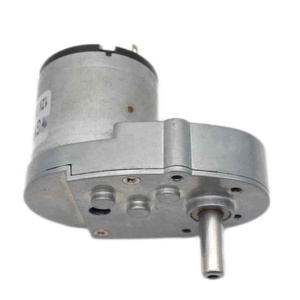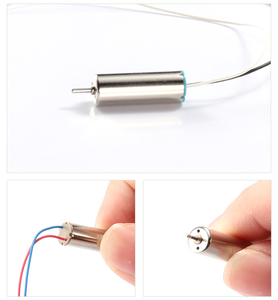Introduction to Fixed Speed Motors
A fixed speed motor is an essential component in various industrial and commercial applications, known for its consistent performance and reliability. Unlike variable speed motors, fixed speed motors operate at a predetermined speed regardless of the workload, making them ideal for applications that require steady-speed operations. They have a straightforward design, which contributes to their durability and ease of maintenance.
Types of Fixed Speed Motors
Fixed speed motors can be categorized based on various factors, including their power source and construction type. Here are the main types:
- AC Fixed Speed Motors:
- Synchronous Motors: Operate at constant speed governed by the supply frequency.
- Induction Motors: Frequently used in general-purpose applications due to their robustness.
- DC Fixed Speed Motors:
- brushed DC Motors: Known for simplicity and ease of control.
- Brushless DC Motors: Offer higher efficiency and require less maintenance than their brushed counterparts.
Applications of Fixed Speed Motors
The versatility of fixed speed motors makes them suited for a broad range of applications, including but not limited to:
- Industrial Machinery: Used in conveyor systems, pumps, and compressors where constant speed is crucial.
- HVAC Systems: Essential for fans and blowers that need consistent airflow rates.
- Power Tools: Often found in tools requiring uniform power delivery, such as drills and grinders.
- Home Appliances: Used in washing machines and refrigerators for steady operation.
Advantages of Fixed Speed Motors
Fixed speed motors offer numerous advantages that make them preferable in many scenarios:
- Simplicity of Use: Their straightforward design allows for easy installation and operation.
- Cost-Effective: Generally, fixed speed motors come with lower initial costs and less complex control systems.
- Durability: Built to withstand harsh operating conditions, they provide longer service life with less maintenance required.
- Reliability: Ensures consistent performance over time, reducing downtime in industrial settings.
- Energy Efficiency: When used in applications that require fixed speed, these motors can be more energy-efficient compared to variable speed alternatives.











































































































































































































